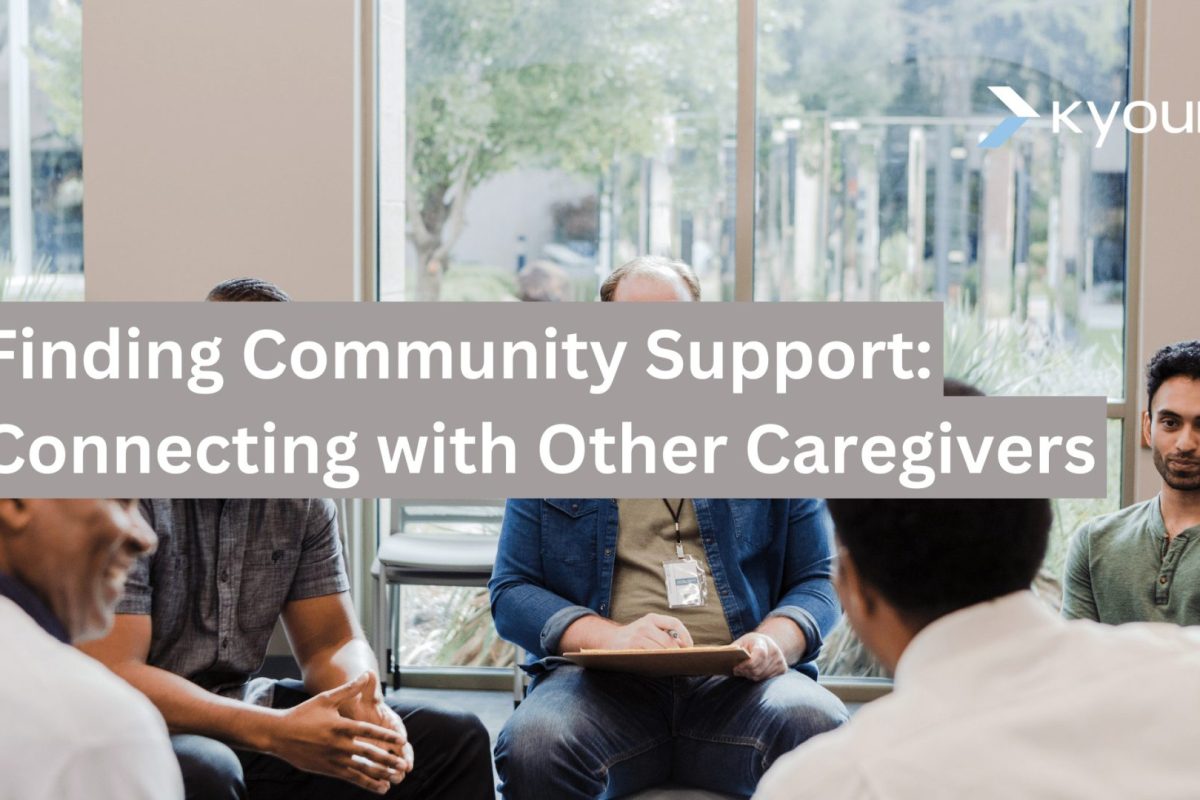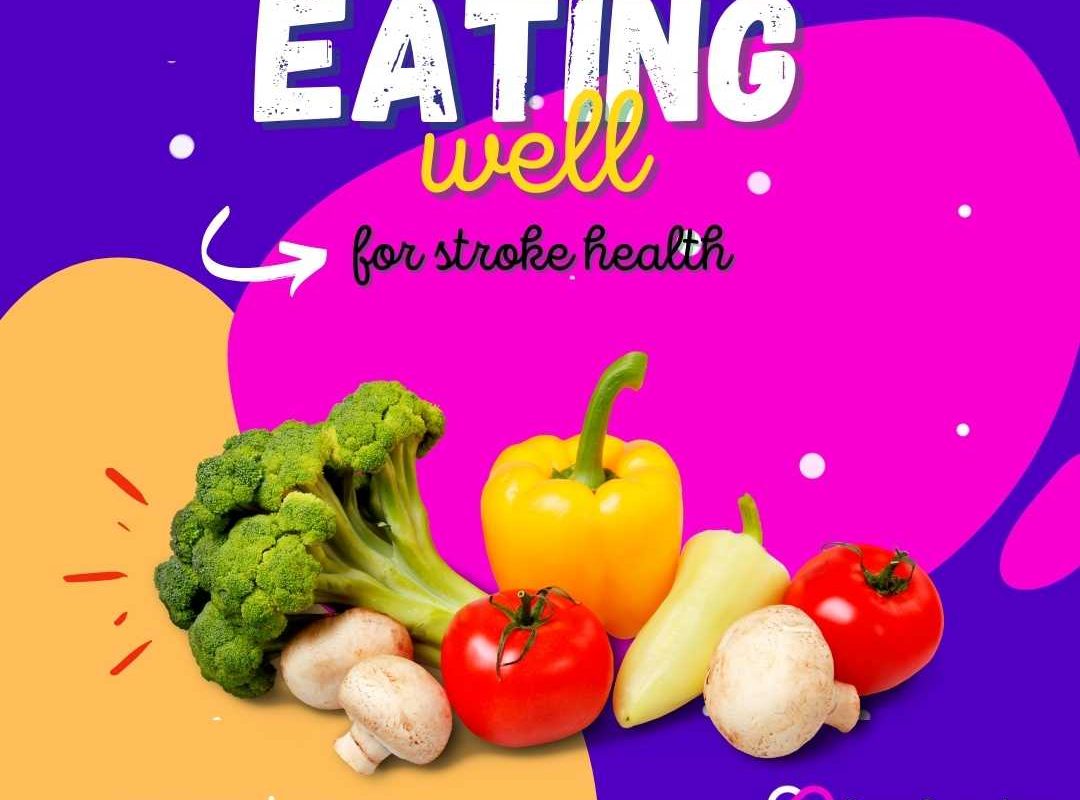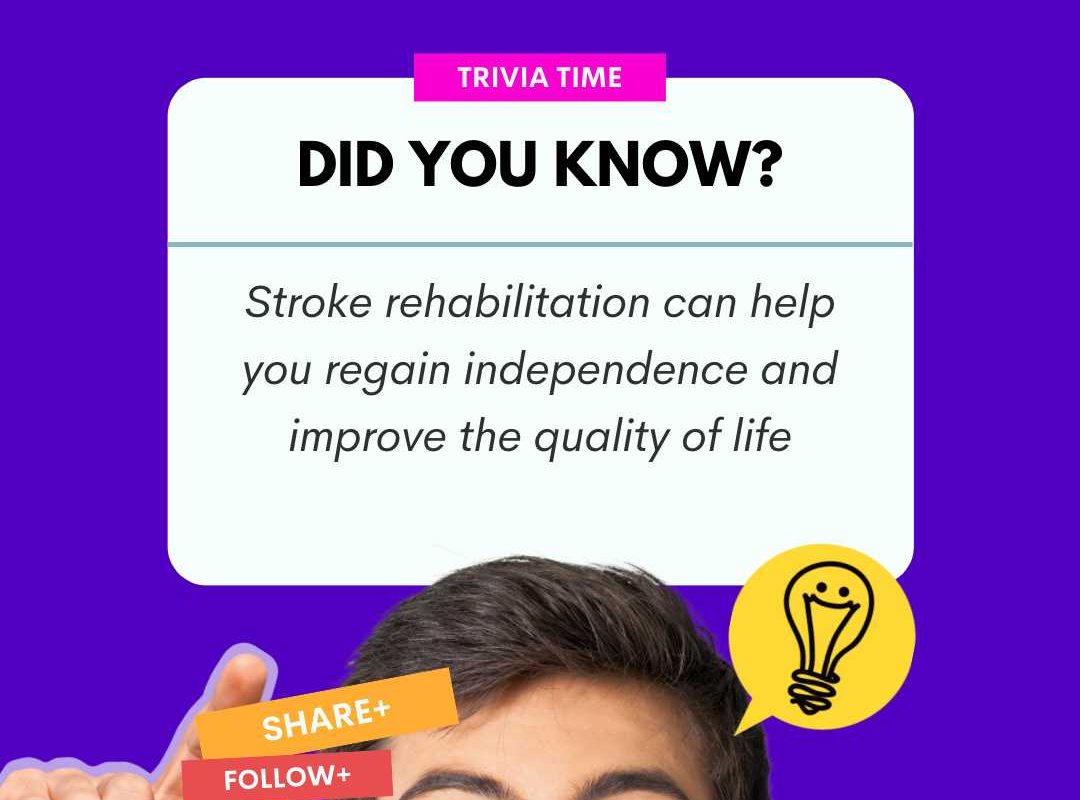Being a caregiver can be challenging, but you don’t have to face it alone.
Finding support from others who understand your journey can make a big difference.
Let’s talk about why building a support network is important and how you can connect with fellow caregivers.
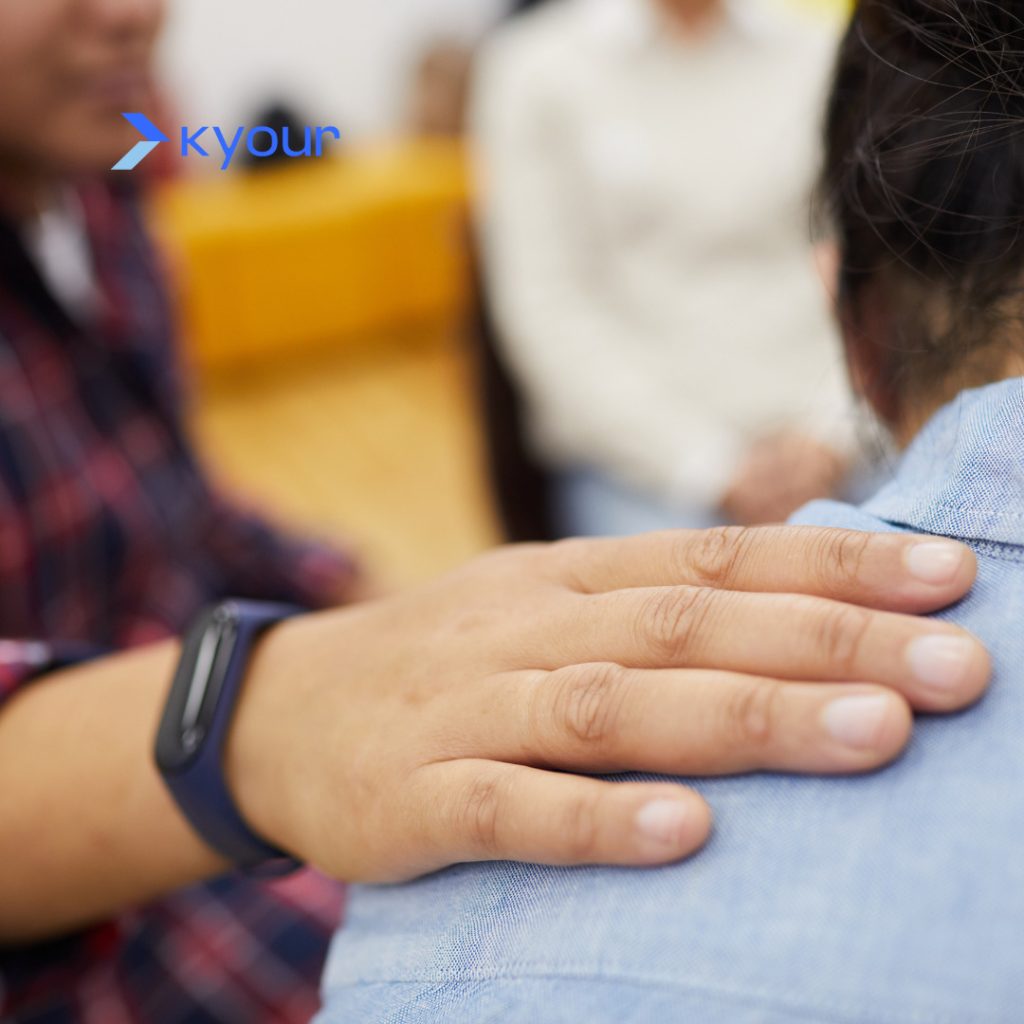
Why is community support important for caregivers?
Caregiving can sometimes feel overwhelming. You might feel alone, stressed, or unsure about how to handle certain situations. This is where having a support network can help. When you connect with other caregivers, you can:
1. Share experiences: Talking to others who are going through similar experiences can help you feel understood and less alone. You can share tips, advice, and stories with each other.
2. Get emotional support: Caregiving can be emotionally draining. Having someone to talk to who understands what you’re going through can provide comfort and reassurance.
3. Learn from others: Each caregiver’s journey is unique, but there’s a lot you can learn from others who have been in your shoes. They may have insights or strategies that could help you in your caregiving role.
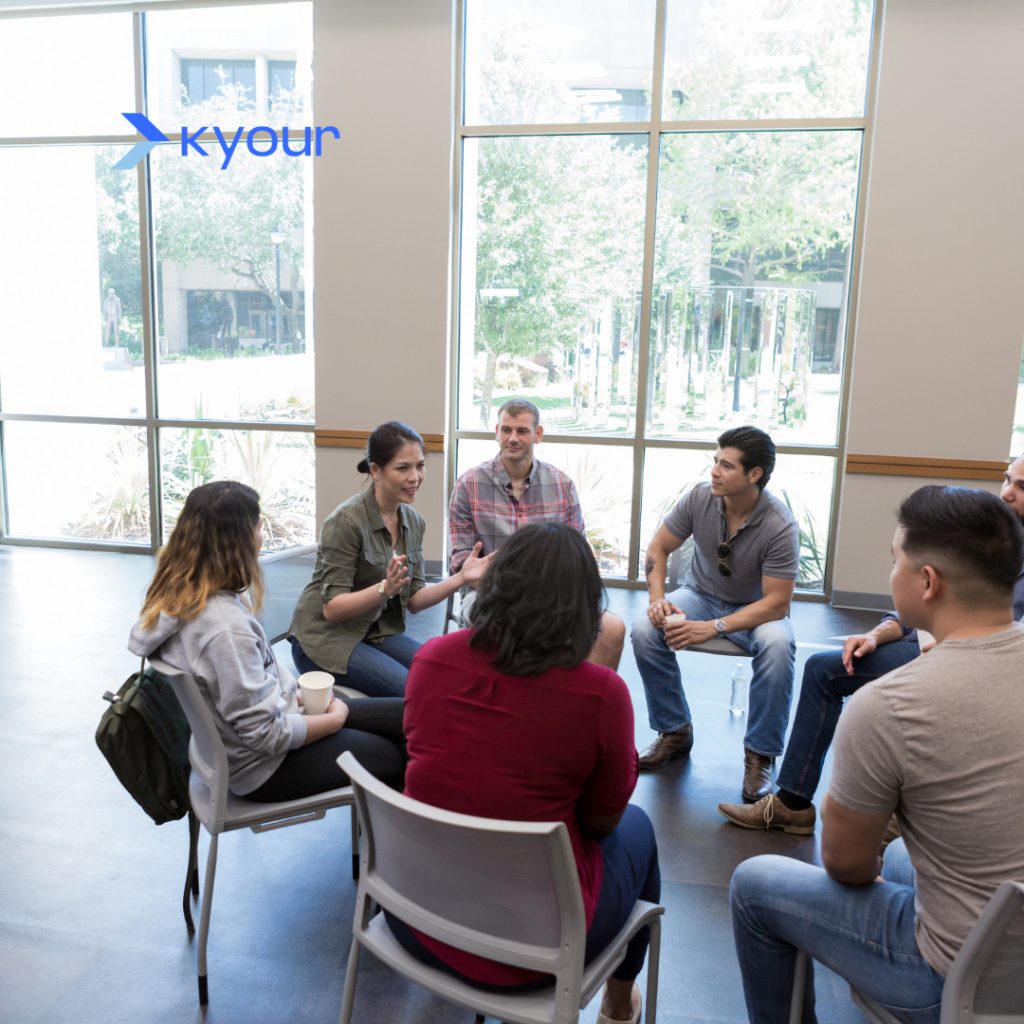
Tips for connecting with other caregivers:
1. Join support groups: Look for local support groups in your area or online communities dedicated to caregivers. These groups often meet regularly to share experiences and provide support. You can find these groups through community centers, hospitals, or online platforms.
2. Attend caregiver events: Keep an eye out for events or workshops specifically for caregivers. These events can be a great opportunity to meet others who understand what you’re going through and learn new skills.
3. Use online platforms: In today’s digital age, there are many online forums and social media groups where caregivers gather to connect and support each other. Joining these groups can be a convenient way to find support, especially if you have limited time or mobility.

4. Reach out to friends and family: Sometimes, the support you need might be closer than you think. Don’t hesitate to reach out to friends, family members, or neighbors who may be willing to lend a helping hand or simply listen when you need to talk.
5. Be open and honest: Building meaningful connections with other caregivers starts with being open and honest about your experiences. Don’t be afraid to share your challenges, fears, and victories. Chances are, others will relate and be eager to offer support.

As a caregiver, it’s important to remember that you’re not alone. Building a support network with other caregivers can provide valuable emotional support, practical advice, and a sense of belonging.
Whether you connect with others in-person or online, reaching out and connecting with fellow caregivers can make your caregiving journey feel less daunting and more manageable. So don’t hesitate to seek out support and remember that there are others who understand and are ready to help.

